MINI REVIEW
Published on 20 Apr 2022
Pedal to the Metal: Nuclear Splicing Bodies Turbo-Charge VSG mRNA Production in African Trypanosomes
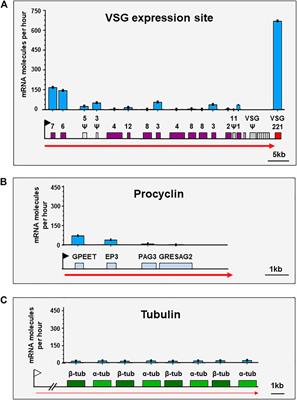
doi 10.3389/fcell.2022.876701
- 1,637 views
- 4 citations
10k
Total downloads
51k
Total views and downloads
Select the journal/section where you want your idea to be submitted:
MINI REVIEW
Published on 20 Apr 2022

ORIGINAL RESEARCH
Published on 12 Apr 2022
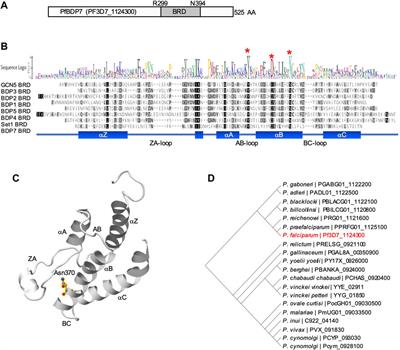
ORIGINAL RESEARCH
Published on 05 Apr 2022
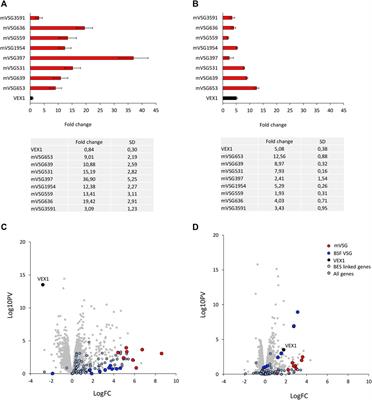
REVIEW
Published on 01 Apr 2022
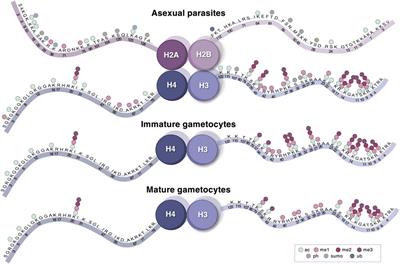
REVIEW
Published on 08 Mar 2022
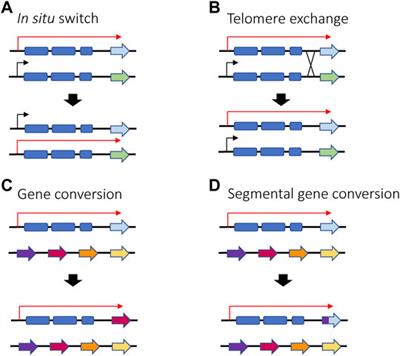
REVIEW
Published on 01 Mar 2022
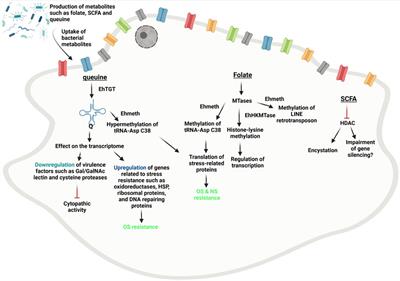
METHODS
Published on 28 Feb 2022
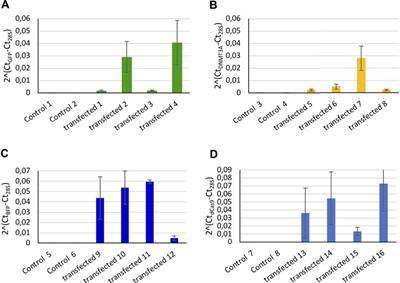
ORIGINAL RESEARCH
Published on 06 Dec 2021
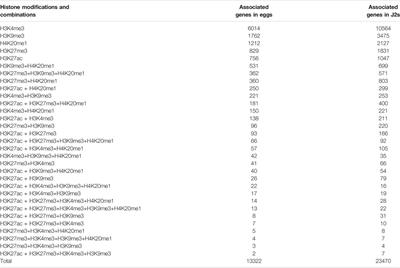
ORIGINAL RESEARCH
Published on 14 Oct 2021
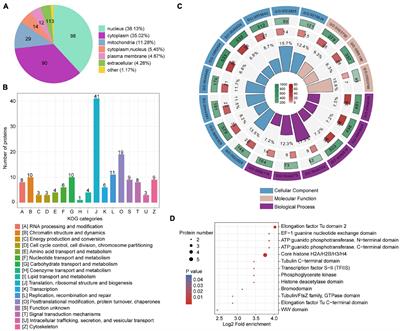

Frontiers in Genetics